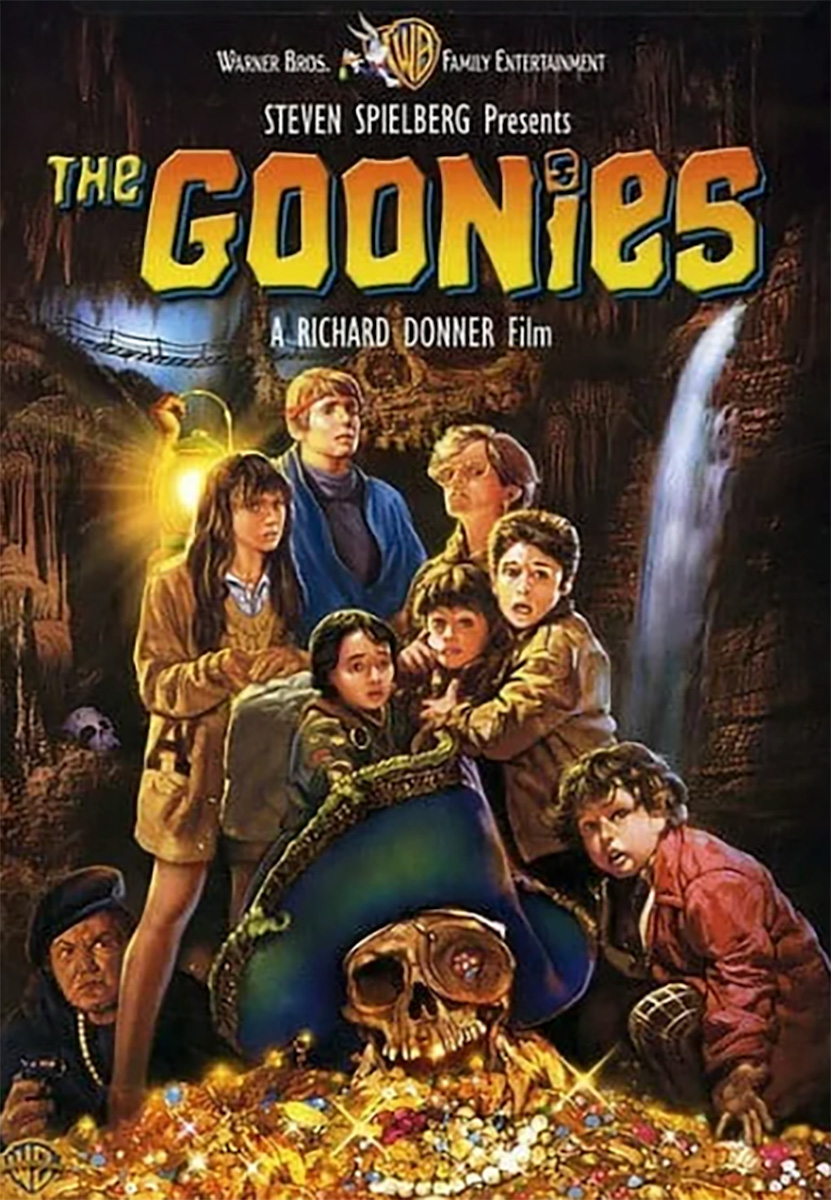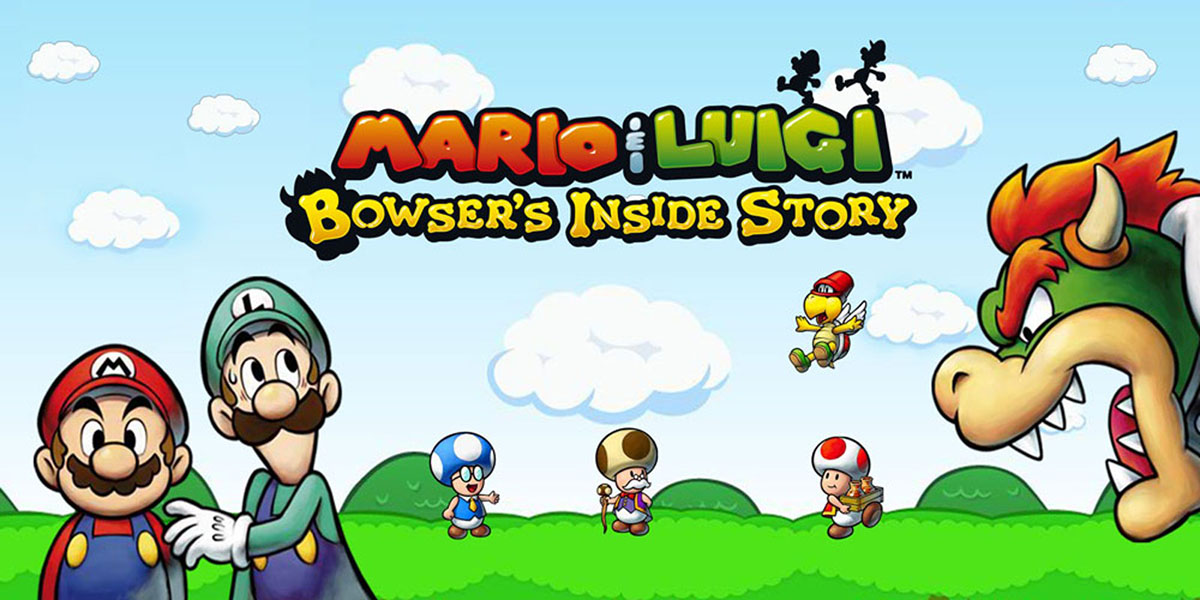I’ve been thinking about this life, trying to understand a way for humanity to go on through this passage in history. New York City is my birthplace, and I have close relatives and friends who live in the city. I have traveled in over 35 countries around the globe, and am ever grateful to live in freedom here in the United States.
I recently awoke in the darkest hours of the night with my dreams flooded by memories of traveling in Afghanistan: the faces of a white-haired shepherd and his daughter with whom I rode the bus over the notorious Khyber Pass, the boy whom I bantered with every morning for two weeks trading my Swiss army knife and Levi jacket, the faces of Muslim men in their kaftans, the soldiers armed with rifles, the traders on the streets, the women veiled head to toe in the market, the Soviet soldiers mounting their invasion, the scared travelers, the kind woman who ran the travelers inn, the groups of tea drinking men seated on the floor around tables talking and casting glances over at me. Five times a day the Adhan call to prayer echoed across Kabul from the minarets.
I had traveled across Pakistan with a trainload of Pathan tribesmen, and stayed in Peshawar before heading over the pass.
From Kabul I traveled to Kandahar, and then into Iran during the revolution when Ayatollah Khomeini was revolting against the Shah. The rugged mountains of the Hindu Kush, the roaring rivers along the slender road weaving through tunnels and dusty villages, the looming mountains around Kabul, and the imminent battles of political turmoil impressed upon me the ancient fierceness of the region and its people. The following years would reduce Kabul to rubble. I never went back to sleep from these vivid memories. When they destroyed the tallest sculpted Buddhas in the world at Bamian earlier this year, it was a portentous wind of bad karma.
Pay attention: We are living in a crucial moment of history like few others. Reverence for life, for the privilege of living in the “sacred now,” counts infinitely more than fanatical faith twisted into a god of “paradise.” The situation in the Middle East is very fragile, and potentially very explosive because it could spread war across many countries.
Many university students may find it difficult to get really accurate news, and are feeling overwhelmed. But it is precisely at this moment that you can use your intelligence to learn about the world, to observe history, and to participate in making history. Although most Americans really support our current policies against the Taliban, we are generally ignorant of who they are and how they got there. The Taliban are an extreme sect that grew out of a radical fundamentalist movement in Pakistan, twisting the teachings of Muhammad, contrary to true Islam. But the United States helped put them in power, repeating the colonialism that frustrates millions.
This is the time to try making sense of things, learning all you can, because the choices you make affect the free and democratic society we all feel so proud of. Yet if you love your country you will protect our constitution, honor our civil liberties and work to evolve as a nation.
Demonizing and reducing people to a faceless “enemy” and discriminating against all people of the Middle East, or all Muslims and the religion of Islam, is an ignorant response typical of wartime. It is a form of fundamentalism or extremism that mirrors some of the “good vs. evil” thinking of the extremists. We have many lessons from history of societies that thought of themselves as superior. U.S. leaders call terrorists a disgrace to the name of Islam, unrelated to the majority of the Muslim world. Making peace with the Muslim world would form one of our best defenses against terrorism.
Fighting for freedom means protecting our liberty, not intimidating fellow Americans who want peace. Peacemaking is not for “bleeding heart liberals” and passive wimps who surrender to violence and abuse of power. History is studded with the diamond sharp minds of remarkable peacemakers and dissident thinkers, from Buddha and Jesus, to Einstein and Martin Luther King.
The brilliant minds who cry out for a more evolved way to resolve our conflicts and who advocate making peace are too many to name. Therefore, it is a disgrace that thoughtful and sensitive people in our land of freedom are feeling threatened and shouted down when they call for a way to make peace by speaking their minds. The insidious logic of violence is the danger to one’s self of becoming a hateful extremist. It is therefore very reasonable to use all our intelligence and brilliance to evolve a better way to address the root cause of terrorism.
We deplore the terrorism, yet recognize that violence in the Middle East is a response to the injustice of colonialism, the impact of globalization and the geo-political struggle for resources like oil. Islamic extremists violate their own religion by resorting to violence, but their hatred of the United States grew from historical roots. They blame us for embargoes, wars and authoritarian regimes propped up for our own economic interests.
I deplore the terrorist tactics of Osama bin Laden and the oppressive Taliban, and want to counter them with worldwide solidarity for intelligent solutions, collaborating with the millions of Muslims who oppose terrorism and who offer solutions to this huge conflict. We should incorporate an intelligent reassessment of our policies to create a potential 21st century of cooperation and mutual collaboration. It would be much cheaper than war, not to mention saving incalculable numbers of human lives.
We all are gravely wounded by the attacks on Sept. 11, but vengeance is not the solution, because it will intensify the cycle of hatred and extremism. Preventing the next world war should be our goal because of course it could be the last war, involving unthinkable weapons and reactionary terrorism. We have all the resources to think this through and take action for intelligent solutions: Our education is the greatest of all freedoms to resolve the world’s problems.






